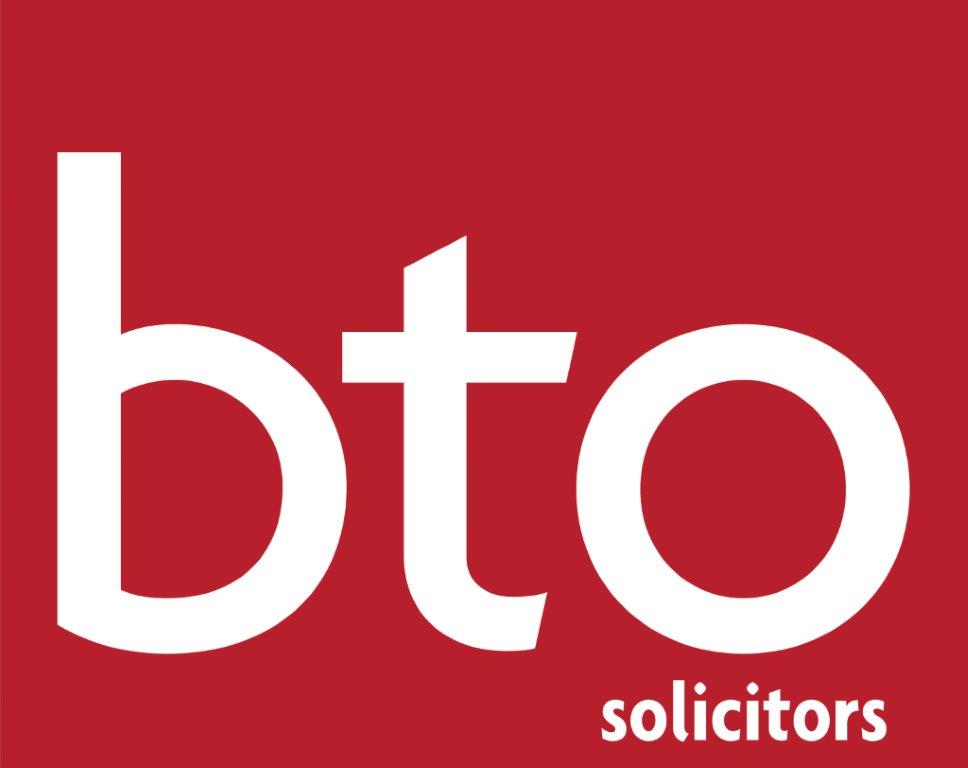Insight: A new era for tackling corporate crime?

Pictured (L-R): Emma Barclay and Emily Couchlin
Emma Barclay and Emily Couchlin introduce the Economic Crime and Corporate Transparency Act 2023, highlighting its provisions for enhancing UK authorities’ powers to combat fraudulent trading and economic exploitation, and discussing its implications for companies and limited partnerships.
On 26 October 2023, the Economic Crime and Corporate Transparency Bill received Royal Assent becoming the Economic Crime and Corporate Transparency Act 2023. The Act introduces a series of new laws, providing UK authorities with enhanced regulatory powers to disrupt fraudulent trading and to seek to prevent exploitation of the UK’s economy.
The Act represents the second stage of the government’s plan to combat corporate crime and illicit finance, following the enactment of the Economic Crime (Transparency and Enforcement) Act 2022 last year which implemented the Register of Overseas Entities, unexplained wealth orders and changes to UK sanctions.
Below we highlight some of the key provisions of the Act and what it might mean for companies and limited partnerships.
Reforms to Companies House
The powers of Companies House are to be extensively reformed, with the goal of transforming its function from being a public database for UK registered companies to performing an active regulatory service. As a result, the reporting obligations on companies will be more onerous and each will need to take time to asses their current protocols and what additional information they will need to provide.
Important reforms include (but are not limited to):
- Verification requirements: directors, persons with significant control and any person authorised to file on behalf of companies (both existing and new) will be required to undergo identity verification checks. At this stage, it is unknown exactly how this new system will operate however it may be akin to the know your client checks which customers / clients must complete under existing money-laundering regulations. Companies will also be required to supply an ‘appropriate’ registered email address to the Registrar and, in certain circumstances, could be forced to change their registered office (to somewhere where documents can be expected to come to the attention of someone acting on behalf of the company and where delivery can be formally acknowledged).
- Inconsistent information: Companies House will have the power to check, remove and reject information submitted to, or already held on, the Register. The Registrar is also entitled to request that companies provide further information in respect of documentation filed to determine compliance with its statutory obligations.
- Filing restrictions: under the changes, the range of people who can file documents at Companies House will be notably restricted to only ID-verified individuals and authorised corporate service providers (ACSP). Those entities who are currently regulated by money-laundering regulations will be able to apply for ASCP status (and will likely include many law firms, accountancy and tax firms).
- One-off members statement: companies will be required to deliver a ‘one off statement’ to Companies House containining ‘relevant membership information’ including names and addresses of shareholders and details of shares held.
- Data sharing: the Registrar will be required to actively analyse information provided to it for the purpose of preventing and detecting crime and will have discertion to share information with public authorities in furtherance of the exercise of their functions. This aims to facilitate effective cooperation and data sharing across sectors, whilst striking a balance with continued protection of data protection rights.
- Removal of certain internal registers: the requirement for companies to maintain their own register of directors, directors’ residential addresses, secretaries and people with significant control is to be removed with all such registers now being held centrally at Companies House. The Act goes further to make it an offence for an individual to act as a director if their appointment has not been notified to Companies House within the 14-day deadline. This is, however, only a notification obligation and will not affect the individual’s appointment or removal (as the case may be). Company Names: the circumstances in which the Registrar can challenge a company’s name have been extended to cover names which it believes is intended to facilitate a criminal offence involving dishonesty or deception or contains computer code.
- Filing accounts: there will be a number of amendments to the rules for preparing and filing accounts. In particular, all small companies and micro-entities will be required to file their profit and loss account. Small companies will also be required to file their directors’ report. The government will be able to specify when a small company’s or micro-entity’s profit and loss account will remain private.
The above provisions aim to improve the accuracy of information held at the Registrar to ensure the public are accurately informed and to allow businesses and investors to make more reliably informed decisions. They will, however, increase the administration burden on a number of companies, in particular, smaller companies.
Tackling the misuse of Limited Partnerships
New measures also include provisions to tackle longstanding concerns over the misuse of limited partnerships for corporate crime and money laundering. The changes will apply to both new and existing Limited Partnerships, with the potential (in the most serious of instances) for such entities to be dissolved by the Registrar if they fail to comply with the new filing requirements.
Key changes include:
- Corporate partners: where a general partner of a limited partnership is a legal entity, it will be required to maintain with the Registrar, a registered officer (a managing officer of the general partner, whose identity has been verified and who is not a disqualified director).
- Notification duties: various duties will be imposed on general partners to notify the Registrar of changes/proposed changes relating to limited partnership (including but not limited to):
- information about partners (i.e. change of name / address)
- the appointment and cessation of partners;
- changes to a corporate partner’s registered officer and/or named contacts of corporate managing officers;
- address and principal place of business; and
- the general nature of the limited partnership’s business.
- Disclosure to HMRC: HMRC will have the power to require general partners to prepare and deliver accounts to HMRC together with an auditor’s report and supporting evidence as may be required by regulations implemented by the Secretary of State.
- Dissolution: the Act introduces powers for petitioning the court to dissolve limited partnerships on grounds of public interest.
Corporate Accountability
Major reforms also include the introduction of the (1) ‘failure to prevent fraud’ offence, applicable to ‘large organisations’; and (2) the ability to attribute economic crimes of senior managers to body corporates/partnerships.
- Failure to prevent fraud: “large” UK or non-UK companies or partnerships will be guilty of an offence if a person associated with the relevant body or an employee commits a fraud offence intending to benefit the relevant body. Organisations will not be liable where it has suitable fraud prevention procedures in place. It will be vital for such organisations to ensure adequate procedures are in force and effectively documented.
- Economic crimes of senior officers: body corporates and partnerships could be liable for the economic crimes of its senior managers where such managers commit a ‘relevant offence’ whilst acting within the scope of their authority. Listed offences include, fraud, embezzlement, fraudulent trading, accounting offences and offences under the Terrorism Act 2000 and Bribery Act 2010. UK organisations will need to consider the procedures it can put in place to minimise the riks of liability under the provision, including setting out clear parameters for the scope of authority of its senior management.
Non-corporate focused reforms
The Act also covers some wider issues, for example, it seeks to provide UK authorities with additional powers to seize, detain and destroy cryptoassets to tackle concerns surrounding the misuse of crpytocurrencies for fraudulent activity. In addition, it enhances the powers of the National Crime Agency (NCA) to investigate and operationally analyse organisations suspected of money laundering or terrorist financing by the introduction of new NCA related conditions to statutory information orders.
What are the next steps?
Although the Act is now law, the changes will not take effect immediately. Instead, it is expected that they will be rolled out in the course of 2024, with most of the reforms being implemented through as yet unpublished secondary legislation.
For now, we await further details of both the proposed implementation of these changes and the timetable for doing so. As further information becomes available, we will report in more details on the specific changes, and the practical implications. In the meantime, please do not hesitate to contact our team if you have any queries at this stage.

Emma Barclay is a partner at BTO Solicitors and Emily Couchlin is a solicitor










